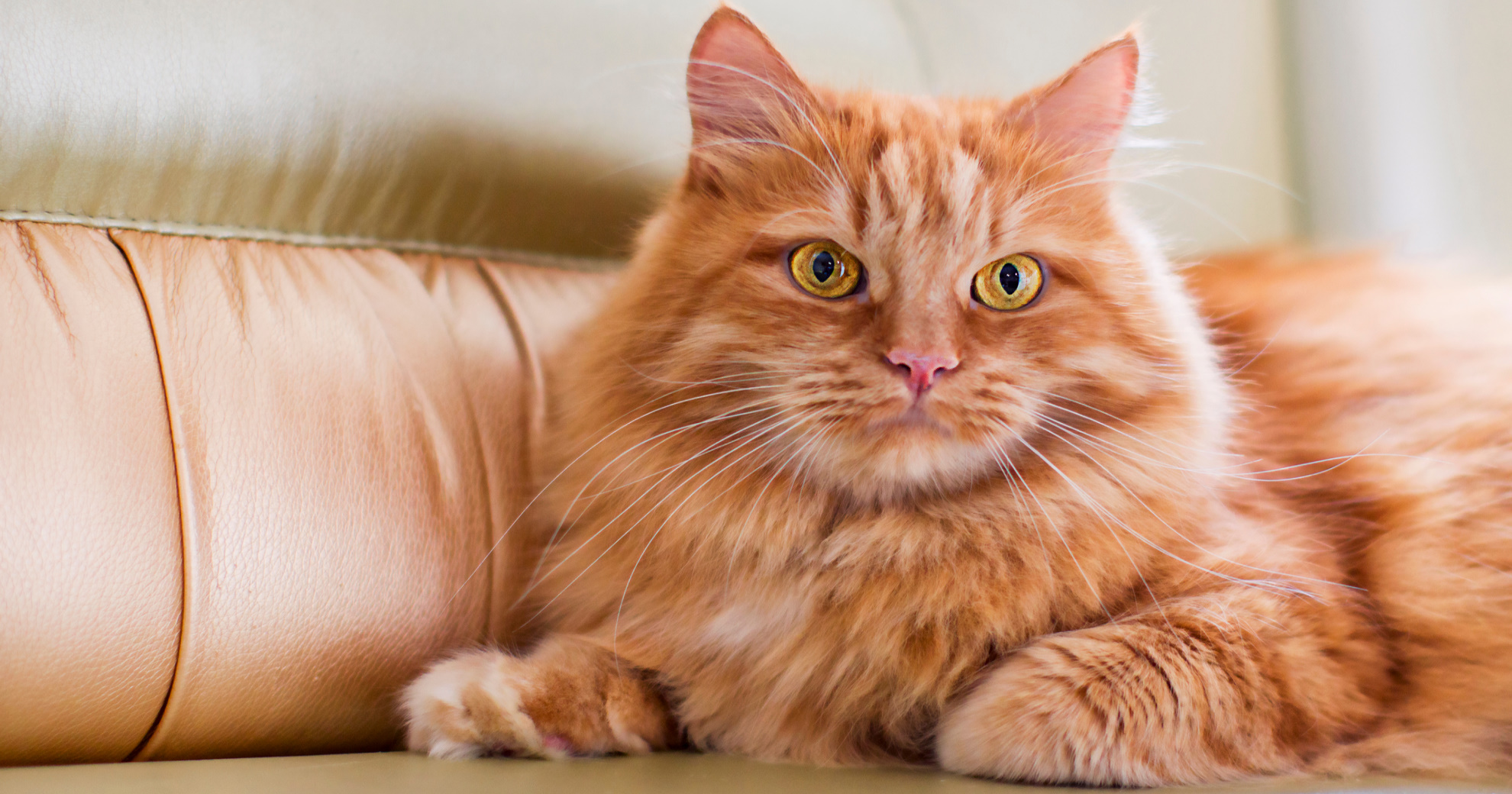HEALTH & WELLNESS

VOTING BOOTH

TRENDING

LIONS FOUNDATION OF CANADA DOG GUIDES
Lions Foundation of Canada Dog Guides and its founding program, Canine Vision Canada, was established in 1983. It’s the largest school of its kind in Canada with its training school in Oakville and breeding facility in Breslau.
How to Keep Your Cat Stress-free

Despite its independent nature, a cat can experience stress just like any other animal.
Here’s a breakdown of some common causes and symptoms to watch out for:
Causes of Stress in Cats:
Changes in environment: This includes new pets, babies, furniture rearrangements, loud noises, construction, or even changes in your routine.
Feeling unsafe or threatened: This can be due to other animals, strangers, loud noises, or unfamiliar situations like veterinary visits or travel.
Lack of resources: This includes not having enough litter boxes, food and water bowls, hiding spots, or vertical space to climb and explore.
Medical conditions: Pain, illness, or even dental problems can contribute to stress.
Boredom or lack of stimulation: Cats need mental and physical stimulation through play, hunting games, and exploration.
Symptoms of Stress in Cats:
Behavioural changes: This can include hiding, aggression, excessive vocalisation (meowing, hissing), over-grooming, scratching furniture or carpets, urinating or defecating outside the litter box, and changes in appetite.
Physical changes: These can include dilated pupils, flattened ears, tense body posture, tail twitching, rapid breathing, vomiting, diarrhea, and changes in sleep patterns.
Here are some tips on keeping your feline friend happy and relaxed:
Provide a Calming Environment:
- Vertical Space: Cats feel secure when they can climb and perch high up. Offer cat trees, shelves, or window perches.
- Hiding Spots: Give your cat multiple places to hide and feel safe, like cardboard boxes, covered beds, or tunnels.
- Calming Music: Classical music or nature sounds can sometimes be soothing for cats.
- Routine: Maintain a consistent feeding schedule and playtime routine to provide predictability.
- Minimise Noise: Cats dislike loud noises. Turn down the TV when they’re around and avoid sudden loud noises.
Enrichment and Play:
- Interactive Toys: Engage your cat in daily playtime with wand toys, puzzle feeders, or feather teasers.
- Mental Stimulation: Consider food puzzles, treat-dispensing toys, or window bird feeders to keep them mentally stimulated.
- Scratching Posts: Offer multiple scratching posts in different textures and locations to cater to their scratching needs.
- Sunshine Access: Let your cat bask in natural sunlight through windows or outdoor access (supervised).
Positive Interaction and Respect:
- Respect Their Body Language: Pay attention to your cat’s body language and avoid forcing interaction when they seem stressed.
- Handling: Gently but firmly handle your cat and respect its boundaries.
- Positive Reinforcement: Reward good behaviour with petting, treats, or praise.
- Offer a Catio: If possible, consider a secure catio for outdoor exploration under controlled conditions.
Additional Tips:
- Introduce changes gradually: If you need to make changes to their environment, do so slowly and allow them time to adjust.
- Minimise visitors: If you have guests, provide a safe space for your cat to retreat to if they feel overwhelmed.
- Consider a pheromone product. These can sometimes help reduce stress and anxiety in cats.
- Talk to your Veterinarian: If you’re concerned about your cat’s stress levels, consult your veterinarian for professional advice and potential underlying medical causes.
Remember, every cat is unique with its own preferences. Observe your furry friend and tailor these tips to their specific needs to keep them happy and stress-free!
Related Articles








